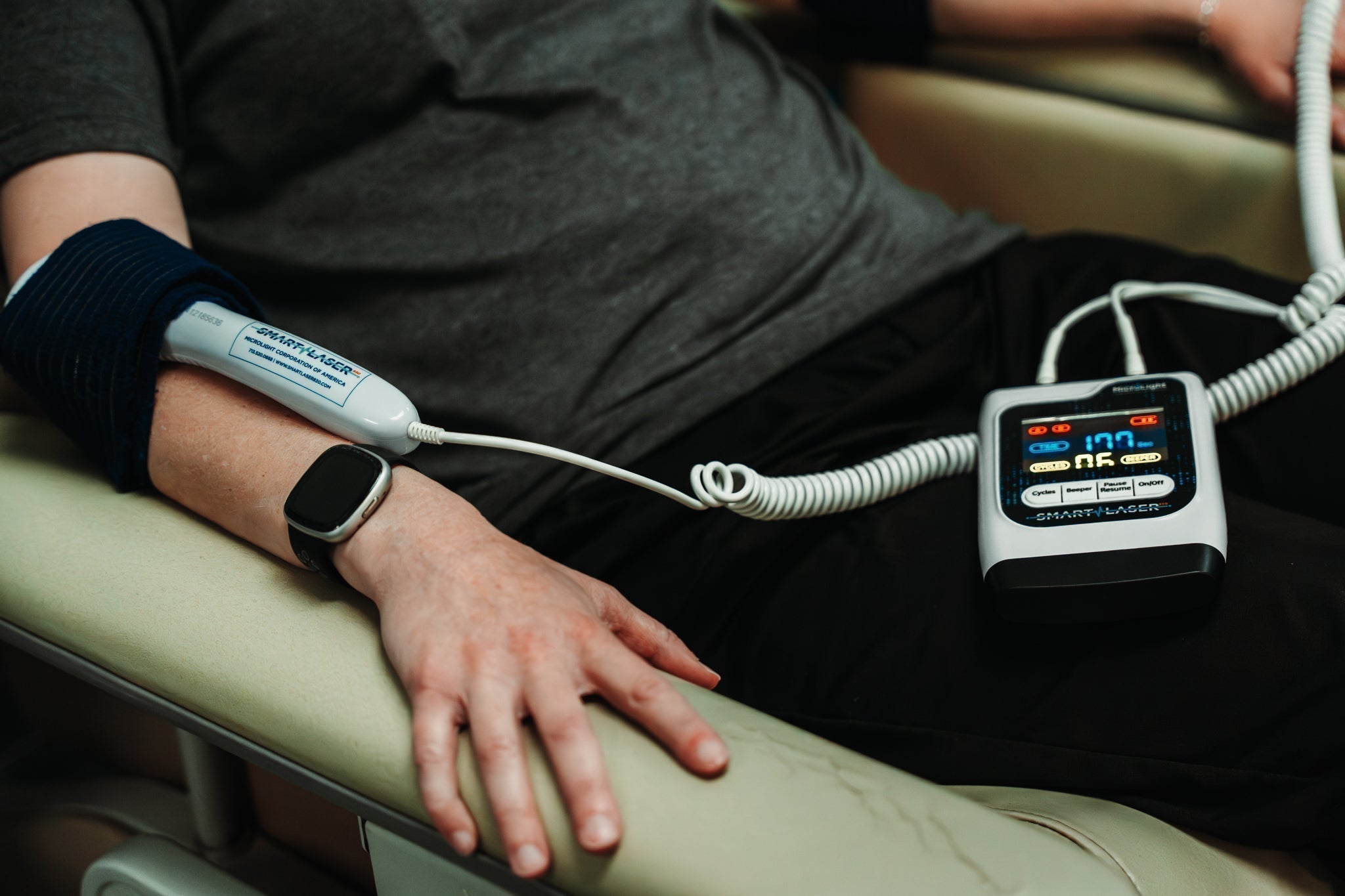Unlock the Future of Rehab and Performance Training
FAKTR Blog
At FAKTR, we believe that cutting-edge techniques and evidence-based practices should be accessible to every clinician. Our blog delivers expert insights, hands-on strategies, and innovative solutions designed to enhance patient outcomes and improve performance. Whether you're a seasoned practitioner or just starting, you'll find actionable content to elevate your practice and stay ahead in the ever-evolving world of rehab and sports medicine.
Partner Spotlight: Microlight Lasers — A Rare 50% Discount
Microlight Lasers are offering 50% off through December 31, with savings of up to $4,000. Here’s why FAKTR trusts Microlight—and how to take advantage of this rare partner offer.
Breathing Thin Air: The Future of Muscle Recovery?
4 Critical Ways Sleep Impacts Sports Performance: A Case Study of the 2024 Superbowl
When it comes to winning in sports the margin of error is extremely small. Even tiny alterations from optimal can be the difference between winning and losing. When we discuss the factors that can lead to peak performance, one of the most overlooked factors is sleep. Not only does sleep assist in achieving efficient recovery, but the research is very clear that those who get less than 8 hours of sleep per night on average are 1.7 times more likely to get injured.
Accelerating Recovery and Performance: Insights into Elite Athlete Care
Sports medicine and performance training play a pivotal role in the success and well-being of athletes. Accessibility to quality healthcare, dedicated professionals, and rigorous training regimens can significantly impact an athlete's performance, recovery, and prevention of injuries. In a recent episode of the FAKTR Podcast, expert practitioners, Roger Fleming, ATC, LMT and Todd Riddle, DC, CCSP, RKT, CSCS, ICSC shed light on various aspects of this critical field, sharing insights and experiences that provide significant value to both aspiring professionals and those directly involved in athlete care.
They say hindsight is always 20/20 and I’ve never met a business owner who didn’t have a list a mile long of things they wish they had done differently in the beginning. In my time teaching in higher education and in the years I’ve spent teaching post-graduate courses to thousands of healthcare pros and students around the globe, I have never met one person who’s path to success wasn’t lined with failures and missteps.
So as I sit and reflect on my own near-misses and dumb mistakes along the way, I thought it would be helpful to draft a short list of the biggest lessons I’ve learned in my two decades as a business-owner.
Share the Love Event Starts January 1st
As we look ahead to 2022, we thought it would be fun to say THANK YOU to the hundreds of practitioners and students each year that tell others about our courses. Word-of-mouth has been the single biggest driver of course attendance and we appreciate each and every time our courses are recommended. Starting January 1st, we would like to offer a little incentive to those of you that share the love by telling others about our courses.
Optimal vs Practical Range-of-Motion in Training - Which is best for reducing injury?
When it Comes to Healthcare, Don't Always Trust What's on the Label
Sciatica or Superficial Nerves?










